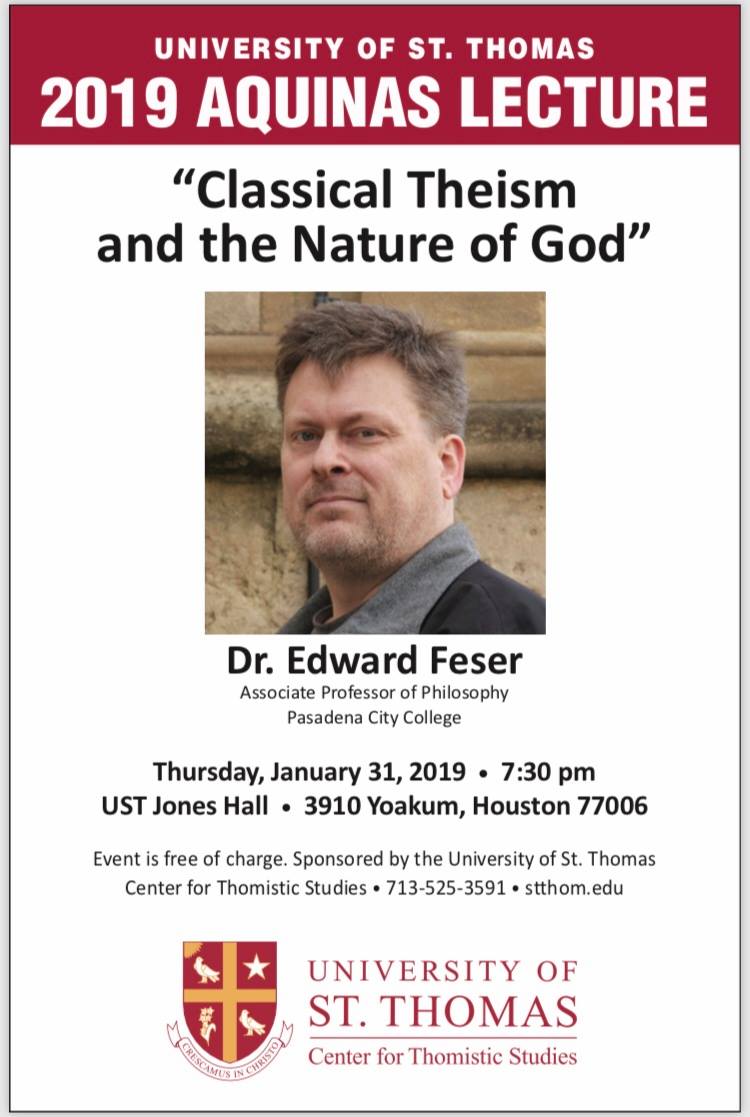If you’re in Houston next weekend, University of St. Thomas is hosting the famous Edward Feser. Come if you can. If you cannot, a video recording may be posted below days after the event.
Your browser is not able to display frames. Please visit Cicero on MindMeister.
Of three stages to the PhD, two are down for the count. The dissertation remains.
So far in the book, Aristotle has established that there is one end that we all share and are directed towards by our very being: happiness. Happiness is that for the sake of which all else is done: it is
Chapter 1 – Since only voluntary actions receive praise or blame, how do they differ from involuntary actions?
Compulsion – any case where the course of action lies in a thing outside agent and he contributes nothing.
Various examples of
In this book, Aristotle sets out to define virtue. Complete definitions consist of a genus (matter), specific difference (form), agent, and end. He establishes the genus as hexis (disposition) by first considering the various principles in the soul, the specific
Chapter 1 – What are Goods?
There are many ends or goods because each work, art, inquiry has an end its directed to and these ends are all for a telos/good.
Every action that a human being does is for
Chapter 1 – The need for common sense
Since the senses perceive each other’s objects incidentally whenever they are directed at one moment to two different qualities (because they form a unity), and since, the the assertion of the
Chapter 1 – The Definition of Soul – Cause to Effect
In this first chapter, Aristotle claims matter and form correspond to body and soul, because a living thing is a natural body that exhibits the characteristics of sense and
Chapter 1 – The Plan of Study of the Soul
Sentence: Since activities and powers of soul (form) appear to always involve the body (matter), and since the natural philosopher studies form in matter (properties), the natural philosopher should

